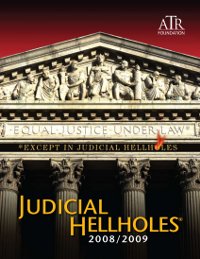
Standard & Poor’s on Friday cut its rating on McClatchy Co. further into junk territory, saying its debt exchange is tantamount to a default because of the newspaper publisher’s distressed financial condition, Reuters reported.
McClatchy, publisher of The State, Charlotte Observer and five other newspapers in the Carolinas, on Thursday proposed exchanging $1.15 billion of outstanding debt for cash and new debt in a bid to stay afloat.
The plan offered some hope that McClatchy will be able to ride out the worst recession since World War II without resorting to Chapter 11 bankruptcy protection – a refuge already sought by at least seven U.S. newspaper publishers since December, according to The Associated Press.
If the exchange is successful, “McClatchy would have greater capacity to weather the current downturn over the next several quarters,” S&P said in a statement.
Still, the investors participating in the exchange will take a “substantial discount” in comparison to the original value of their debt, S&P said.
The move by S&P comes a day after Fitch Ratings and Moody’s Investors Service downgraded McClatchy, saying they considered the exchange offer a default.
S&P cut McClatchy’s rating to CC from CCC-plus. The rating will be cut to SD, or selective default, when the exchange is completed, S&P said.
S&P considers debt exchanges as “distressed” and counts them as defaults when bondholders receive less than the original value of their debt and the company would likely face a conventional default without the exchange, according to Reuters.
McClatchy shares were trading for around 82 cents a share early Friday afternoon. The company’s 52-week high is $9.31.


